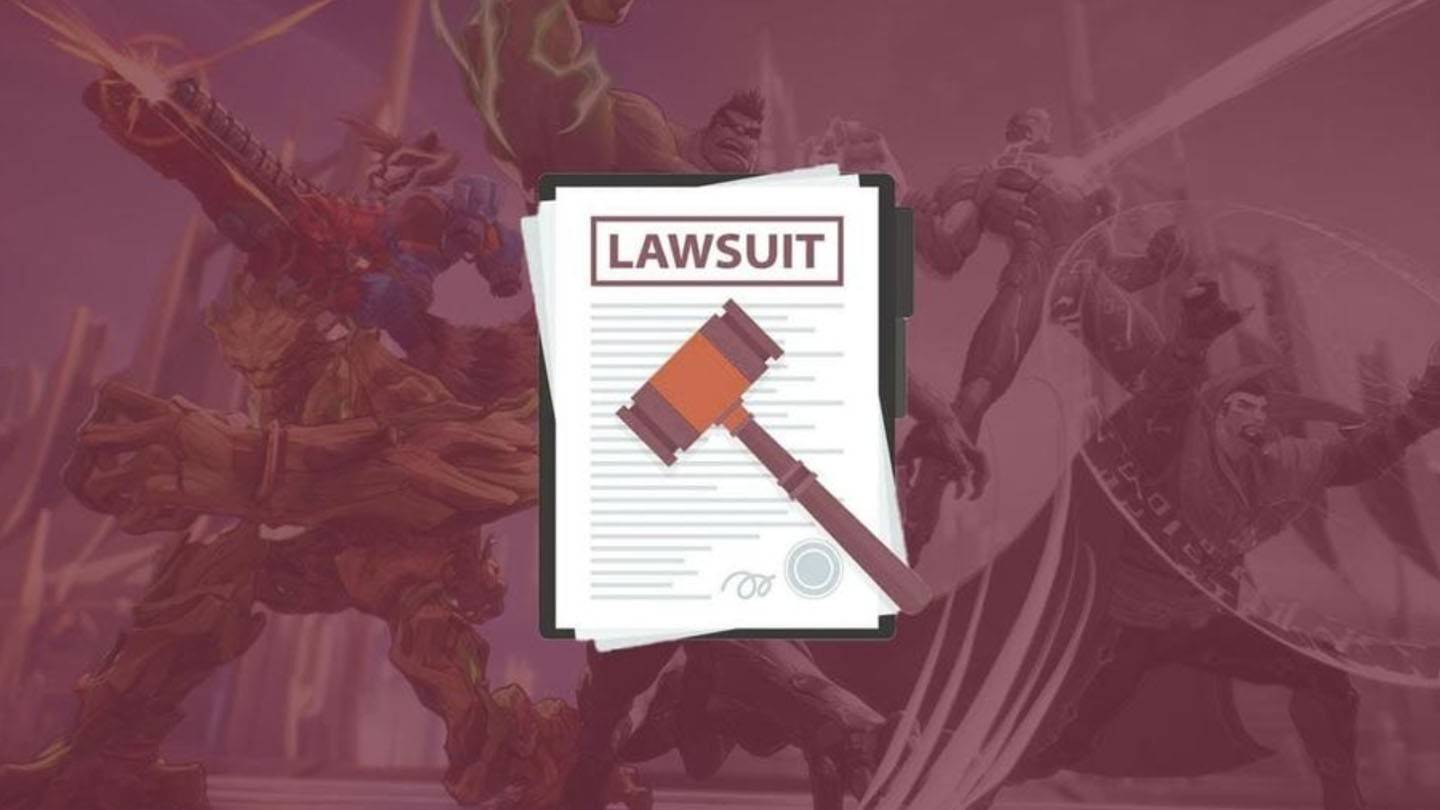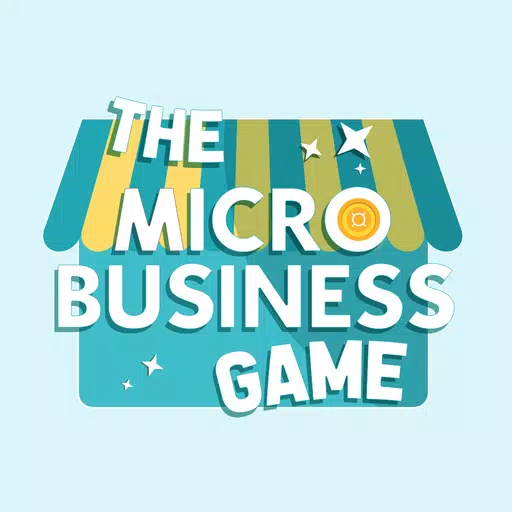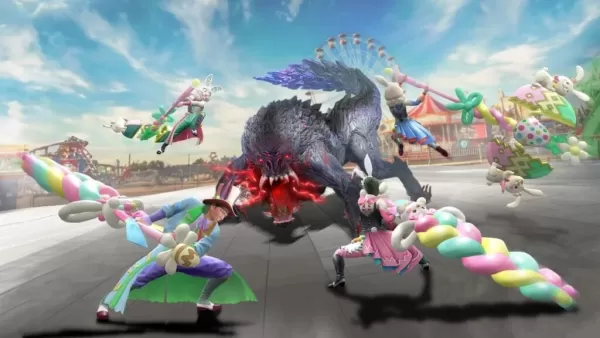"Nintendo Defeated in Trademark Clash with Costa Rican Supermarket Over Super Mario"
In a stunning legal turn of events, Nintendo has been defeated in a trademark dispute against a modest supermarket in Costa Rica over the use of the name "Super Mario." The store, aptly named "Súper Mario," successfully defended its trademark in court, asserting that the name was a simple blend of its business type—a supermarket—and the first name of its manager, Mario.
The legal battle began when Charito, the son of the supermarket's owner, registered the "Super Mario" trademark in 2013 shortly after his university graduation. The trademark renewal in 2024 prompted Nintendo to challenge it, alleging infringement on their globally renowned Super Mario brand, which is closely tied to their iconic video game character.
 Image: x.com
Image: x.com
However, the supermarket's legal team, headed by advisor and accountant Jose Edgardo Jimenez Blanco, effectively argued that the name "Súper Mario" was not an attempt to capitalize on Nintendo's intellectual property. They convincingly showed that the name was a straightforward reference to the store's nature as a supermarket and the manager's name, Mario.
"I am incredibly grateful to my accountant and legal advisor, Jose Edgardo Jimenez Blanco, who expertly managed the registration and subsequent trademark battle," Charito remarked, expressing his relief and gratitude. "We were on the verge of giving up. How could we possibly stand up to such a formidable corporate giant? But Edgardo and I refused to back down, and just a few days ago, we received some fantastic news. 'Súper Mario' is here to stay."
In numerous countries, Nintendo holds exclusive rights to the Super Mario trademark across various products, including video games, apparel, and toys. Yet, the company did not anticipate a scenario where a local business would independently use the name for legitimate reasons.
This case underscores the intricacies of trademark disputes, particularly when global brands like Nintendo confront small businesses with legitimate claims to a name. It also serves as a potent reminder that even the most dominant industry players can face legal hurdles in safeguarding their intellectual property.
-
HBO's Harry Potter TV series has reached a major casting milestone with the first six roles officially announced. While fans eagerly await reveals for Harry, Ron, Hermione, and Voldemort, we now know who will portray Albus Dumbledore, Minerva McGonagAuthor : Gabriel Dec 22,2025
-
The meteoric rise of Marvel Rivals, NetEase's multiplayer game, has been met with both praise and legal trouble. Although the game rapidly attracted millions of players, its success has been shadowed by serious legal issues for the developer.In JanuaAuthor : Violet Dec 22,2025
- Spring Valley Farm Game: January 2025 Redeem Codes
- WWE Superstars Join Call of Duty Warzone: Mobile Roster
- Midnight Girl is a minimalist point-and-click adventure set in Paris in the 60s, now open for pre-orders on mobile
- Mobile Legends: Bang Bang – Best Lukas Build
- "Grand Outlaws Unleashes Chaos and Crime on Android Soft Launch"
- Video Game Song Surpasses 100 Million Streams on Spotify






















